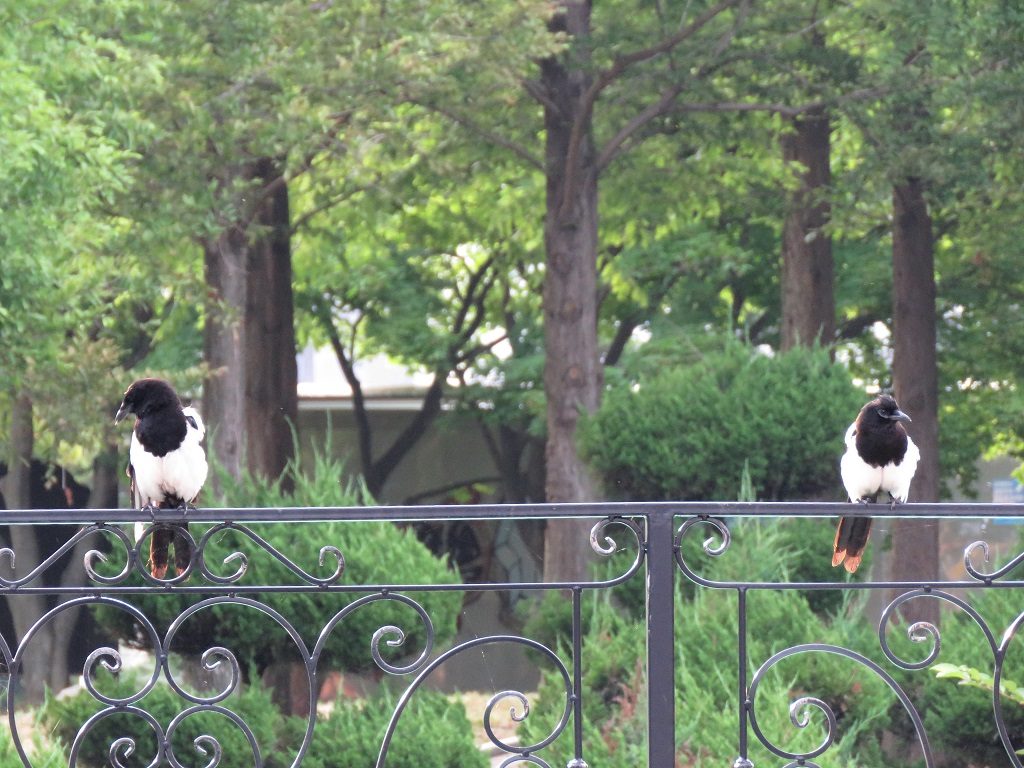Irreconcilable Differences, Part One
In this age of no-fault faults, and tolerance reinvented as a form of moral lobotomy, nothing could be more antithetical than a dose of good old-fashioned discrimination, which is to say judgment that dares to speak its name. Hence, since I am nothing to this age if not antithetical, I take this moment to reveal my personal identity in the only form anyone can, namely by way of my discriminations. In other words, I shall, beginning today, recite some representative samples of the irreconcilable differences that preemptively divorce me from “the many” of my time. I will mention only a relative few of these differences, partly for the sake of brevity, but also because I suspect that if I extended the list indefinitely, I would eventually divorce myself from most of the human race as it currently exists. Such a result would not be disturbing to me, but it might begin to seem like an exercise in deliberate crankiness, whereas my intention is only to show some of my spiritual cards.
With that by way of a preamble then, “Ecce homo!”
You may prefer Bach to Mozart, or vice versa, without disturbing me in the least. You may, for that matter, choose Vivaldi or Haydn over both of them. But if you prefer Schumann, Brahms, Wagner, or Mahler to any of those first four, then I cannot hear your soul, just as surely as you cannot hear mine. Feelings detached from reason, passion from the defining restraint of moderation, effusion from the trimmed discipline of form, personal grandiosity from the search for universal being, pompous emotional effusion from the self-imposed limitations of civility and respect for one’s fellow man — these are the impulses of romanticism and “art as expression” that have become the background noise of civilizational decline. Resistance to these impulses forms the heart of all rational critique of the modern excesses of progress.
You may be inclined to say, “But how does any of this apply to us? We live in the world of catchy popular tunes, as distant from that of Mahler or Wagner as anyone could imagine.”
Untrue. Today’s popular music is in so many ways the petrified skeleton of that dream of the Great Man Astride History that the romantic and expressionist composers erected in the 19th century, a supremely artificial figure they falsely projected as the offspring of primitive Nature herself, but which is now, inexorably, reduced to little but the primitive as such. Exemplary of this continuum is the rock music trope of “guitar hero posing,” the theatrical artifice of great passion and “individuality” expressing itself through larger-than-life physical gestures. Nothing captures this derivative romanticism more succinctly than the act of the greatest practitioner and “developer” of the guitar hero pose, Pete Townshend, the middle class art school student who deliberately, ingeniously turned the crowd-pleasing mock-rebellion of smashing his guitar on stage into performance art, before performance art even had a name.
Everyone is welcome to pick his favorite Jane Austen heroine according to temperament or personal life relevance. Do you prefer Elizabeth Bennet’s intelligent spunk to Emma Woodhouse’s snobbish matchmaking and harshly corrective learning curve? That’s fine with me. But you are not free to prefer any Brontë sister (or all of them collectively) to Austen herself. Worse yet, you may not discard Fanny Price (Mansfield Park) from the pantheon of Austen heroines as “priggish” or “rigid,” as is commonly done even within Austen’s fan club today; for I regard that judgment as a direct assault on my person and property. Fanny has a place in my spiritual lexicon, as well as in the history of the novel, that is almost miraculous in its individualism — that individualism being one reason why so many despise her. “All that is rare for the rare.”
The same people who reject the appeal of Fanny Price would likely, and for similar reasons — certain psychological shortcomings of their own — dismiss Brave New World’s John the Savage as childish and histrionic, whereas he is perhaps the twentieth century novel’s only plausible attempt to delineate Human Nature unobscured by modern “progress” — a soul innocently searching for a world that has already vanished, and then reduced to self-purging to cleanse himself of the diseased world he finds in its place. Likewise, Fanny is, as per Mansfield Park’s brilliant central metaphor, the one young person unwilling to succumb to the denaturing spiritual effects of giving her soul over to acting. She chooses, against suffocating moral pressure and at great practical cost, to remain true to herself at all times, living a life of almost Socratic intransigence amid general disapproval and misunderstanding, both within the novel itself and among its two centuries of readers. Even movie adaptations of Mansfield Park — which one would presume were being made by people who liked the book — tend to reveal an impulse to reinvent Fanny in order to make her “more likable” in this way or that. They do not even find her likable in her true form because, much like the more superficially attractive characters around Fanny in the novel, they themselves are spiritually ill-equipped to appreciate how she is lovable.



